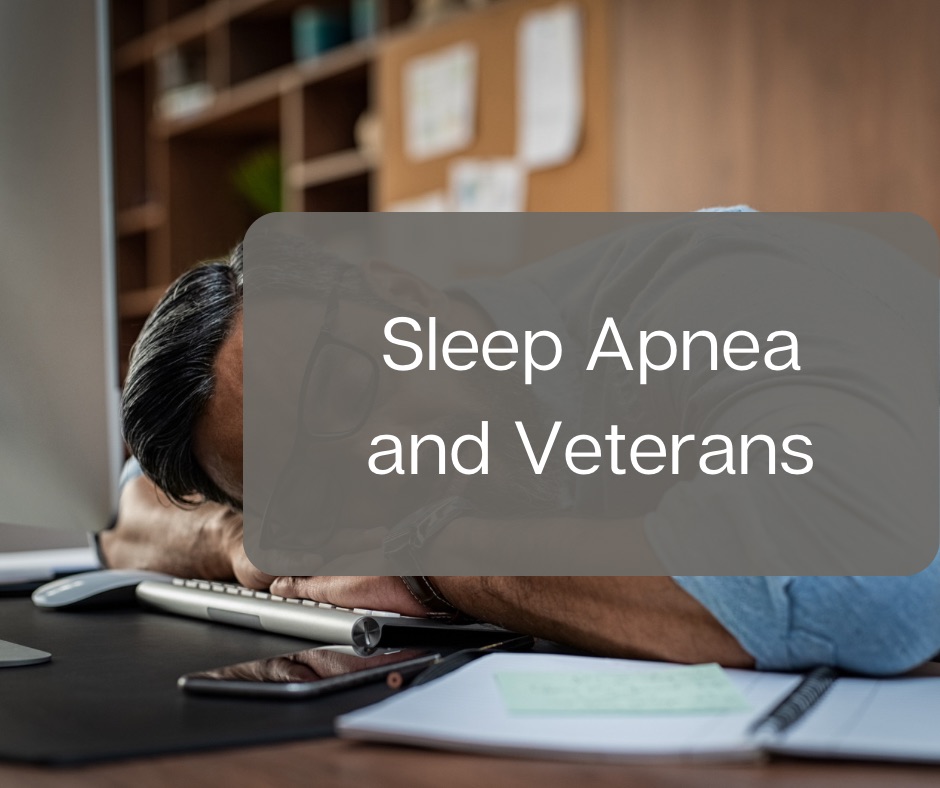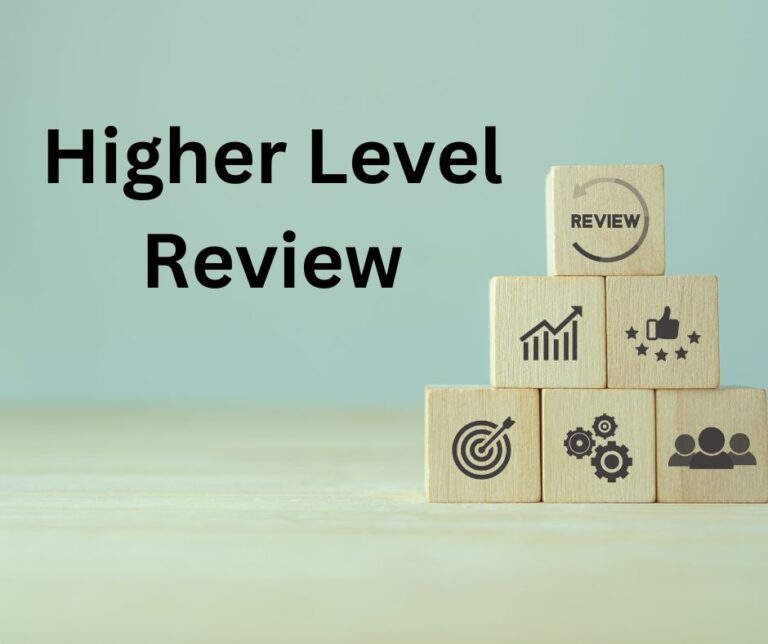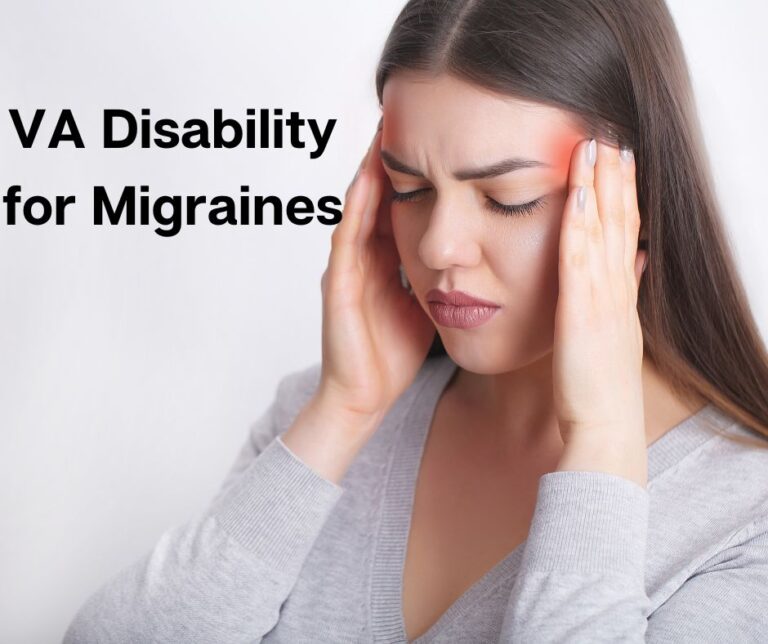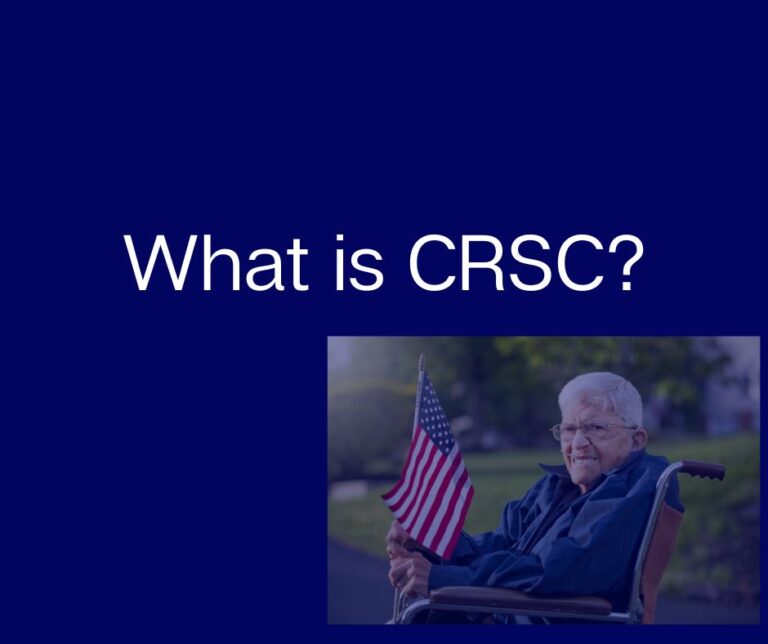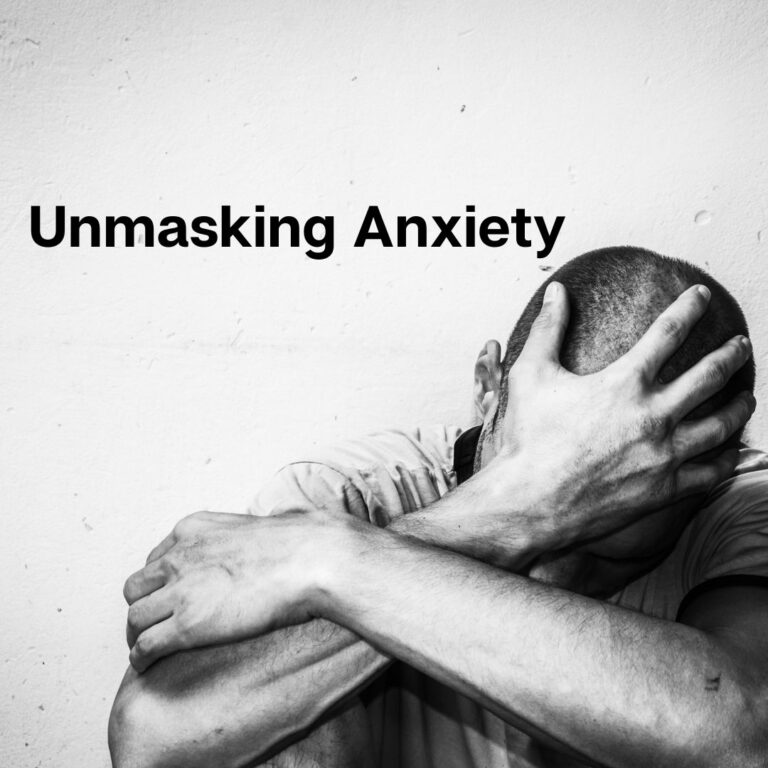Sleep Apnea and Veterans
Sleep apnea is a sleep disorder that affects breathing during sleep. When a person has sleep apnea, their breathing repeatedly starts and stops throughout the night. This happens because the muscles in the throat and airway become relaxed and block the flow of air. There are two main types of sleep apnea: obstructive sleep apnea and central sleep apnea. In obstructive sleep apnea, the airway gets blocked by the collapse of the soft tissues in the throat. In central sleep apnea, the brain fails to send the proper signals to the muscles that control breathing. Sleep apnea can lead to fragmented and poor-quality sleep, resulting in daytime drowsiness, lack of energy, and difficulties with concentration. It can also have long-term effects on health, increasing the risk of high blood pressure, heart disease, and stroke. Treatment options for sleep apnea include lifestyle changes, such as losing weight and avoiding alcohol before bedtime, as well as using a continuous positive airway pressure (CPAP) machine that helps keep the airway open during sleep. It is important to consult a healthcare professional if you suspect you or someone you know may have sleep apnea to receive an accurate diagnosis and appropriate treatment.
Sleep apnea is quite prevalent among Veterans. There are many reasons why this could be. Some of the reasons are listed below.
- Post-Traumatic Stress Disorder (PTSD): Many veterans experience PTSD, which can be associated with sleep disturbances. The hyperarousal and anxiety symptoms of PTSD can disrupt normal sleep patterns and contribute to the development of sleep apnea. Even though it doesn’t start out with apnea, the disrupted sleep can cause the other symptoms including tiredness and lack of energy, and in time can lead to apnea.
- Deployment-related Exposures: Veterans often encounter environmental factors during their deployments that can increase the risk of developing sleep apnea. For example, exposure to high levels of dust, sand, smoke, or pollutants, as well as the use of respiratory protective equipment, can contribute to airway inflammation or obstruction, leading to sleep apnea.
- Changes in Body Composition: Veterans may undergo modifications to their body composition, such as increased weight or a different distribution of fat. Although the majority of veterans intend to maintain their physical fitness after their duty ends, weight gain can frequently result from their altered lifestyles and lack of dedicated time for physical training. The development of obstructive sleep apnea, a condition in which the airway becomes clogged during sleep, can be attributed to these alterations that impact the upper airway.
- Sleep Disruption During Deployment: The challenging and unpredictable conditions during military deployments can disrupt sleep patterns and contribute to the development of sleep apnea. Irregular work schedules, exposure to noise, and heightened stress levels can all contribute to sleep disturbances.
- Co-occurring disorders: Veterans are more likely to acquire sleep apnea if they have co-occurring medical disorders. Veterans are more likely to have illnesses like obesity, diabetes, cardiovascular disease, and respiratory disorders, all of which are established risk factors for sleep apnea.
- Blast Injuries and Traumatic Brain Injuries (TBIs): Veterans who have experienced blast injuries or TBIs may be at an increased risk of developing sleep apnea. These injuries can lead to neurological changes or damage that affects the control of breathing during sleep.
- Aging: Sleep apnea becomes more common as individuals age, and the veteran population tends to be older compared to the general population. The increased prevalence of sleep apnea among veterans could be partly attributed to age-related factors.
It is important to note that while the prevalence of sleep apnea is higher among veterans, not all veterans will have the condition. However, due to the potential impact on overall health and well-being, it is essential for veterans experiencing symptoms of sleep apnea to seek proper evaluation and treatment from healthcare professionals.
Tomorrow we will look at filing a Sleep Apnea claim with the VA.

